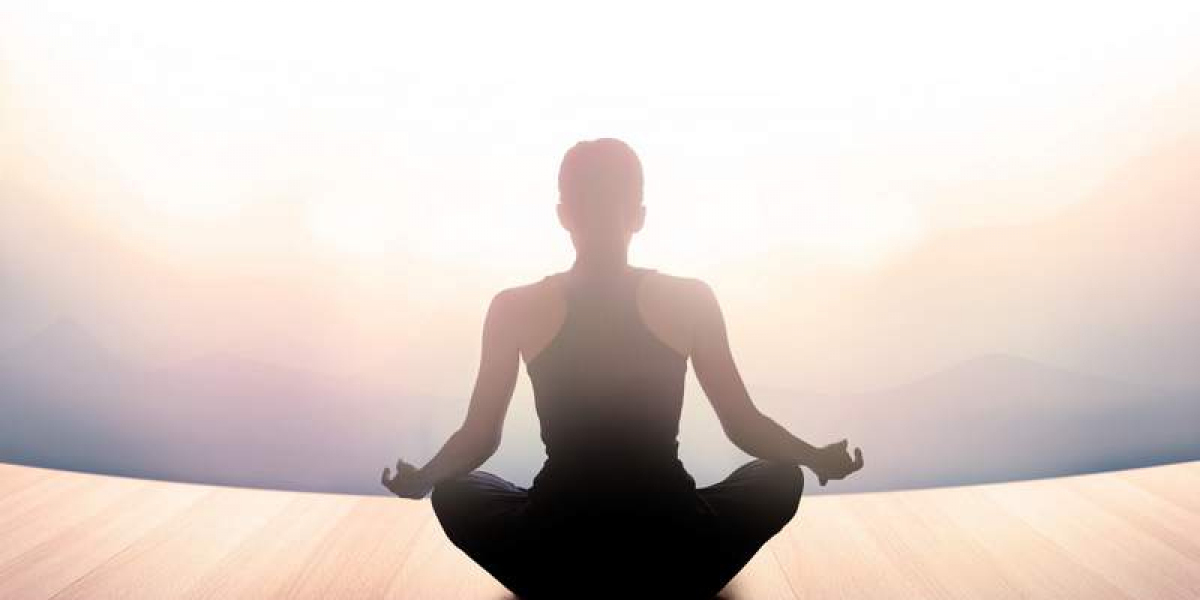In today’s fast-paced world, anxiety and depression have become common mental health challenges affecting millions of people worldwide. The pressures of modern life, coupled with the complexities of personal and professional struggles, often result in emotional distress that can be difficult to manage. While traditional treatments like therapy and medication are effective, many individuals are turning to more holistic approaches that integrate both mind and body. One such powerful combination is the integration of yoga and online therapy. This synergy offers a comprehensive way to manage anxiety and depression, addressing both the psychological and physical aspects of these conditions.
The Role of Yoga in Mental Health
Yoga is a centuries-old practice that involves physical postures (asanas), controlled breathing (pranayama), and meditation. It is widely recognized for promoting relaxation, reducing stress, and enhancing mental clarity. For those struggling with anxiety and depression, yoga offers numerous benefits by focusing on the mind-body connection.
One of the primary reasons yoga is so effective in managing mental health is its ability to regulate the nervous system. Many individuals with anxiety and depression experience chronic activation of the sympathetic nervous system, commonly known as the "fight or flight" response. This results in elevated cortisol levels, increased heart rate, and heightened stress. Yoga, particularly through breathwork and meditation, activates the parasympathetic nervous system, which promotes a state of calm and relaxation.
By practicing yoga regularly, individuals can lower their cortisol levels, reduce physical tension, and cultivate mindfulness, all of which contribute to improved emotional balance. While yoga alone can significantly benefit mental health, when combined with online counselling from an online therapist or online psychologist, it can offer even more profound results.
How Online Therapy Complements Yoga
Online therapy has emerged as a convenient and accessible way for individuals to receive professional mental health support. Through video sessions, messaging, or phone calls, individuals can connect with an online therapist or online psychologist from the comfort of their own homes. This is particularly beneficial for those who may struggle with commuting to in-person sessions, live in remote areas, or feel more comfortable engaging in therapy from a familiar environment.
Online counselling focuses on addressing the emotional and cognitive aspects of mental health. For individuals with anxiety or depression, therapy often involves identifying triggers, developing coping mechanisms, and working through underlying issues that contribute to their symptoms. An online therapist can provide guidance, support, and personalized strategies to help individuals better understand their mental health challenges and develop effective ways to manage them.
When combined with yoga, online therapy offers a holistic approach to mental health care. Yoga helps alleviate physical symptoms such as muscle tension, headaches, and fatigue, while online counselling addresses the emotional and psychological aspects of anxiety and depression. This dual approach creates a more balanced treatment plan that promotes both mental and physical well-being.
Benefits of Yoga for Anxiety
Anxiety is often characterized by excessive worry, fear, and physical symptoms like rapid heart rate, sweating, and difficulty breathing. Yoga can help manage these symptoms by promoting relaxation and mindfulness. Practices such as deep breathing, meditation, and restorative yoga poses are particularly effective for calming the mind and body.
- Deep breathing: Techniques like pranayama, especially Nadi Shodhana (alternate nostril breathing), help regulate breathing patterns and calm the nervous system. This is especially helpful for individuals with anxiety, as it promotes a sense of control over the breath, reducing physical symptoms like shortness of breath and rapid heart rate.
- Meditation: Yoga often incorporates meditation, which helps individuals stay present and reduce racing thoughts. This is a crucial tool for managing anxiety, as it prevents the mind from spiraling into worry about the future or past events.
- Restorative poses: Poses such as Child’s Pose (Balasana) and Corpse Pose (Savasana) promote relaxation and provide a sense of grounding, making them ideal for individuals experiencing heightened stress or panic.
Benefits of Yoga for Depression
Depression often brings feelings of hopelessness, low energy, and difficulty finding motivation for daily activities. Yoga can help alleviate these symptoms through physical movement and mindful awareness.
- Boosting serotonin: Regular yoga practice has been shown to increase serotonin levels in the brain, which is essential for regulating mood. Serotonin imbalances are often linked to depression, and increasing this neurotransmitter can help improve mood and emotional stability.
- Enhancing endorphins: Like other forms of exercise, yoga stimulates the release of endorphins, which are natural "feel-good" chemicals in the brain. Endorphins can help counteract the emotional numbness and fatigue often experienced with depression.
- Improving sleep quality: Depression often disrupts sleep patterns, leading to insomnia or excessive sleeping. Yoga, particularly restorative practices and yoga nidra (a guided form of meditation), can help regulate sleep by calming the mind and reducing overthinking.
The Power of a Combined Approach
The combination of yoga and online therapy offers individuals a unique and comprehensive approach to managing their mental health. While yoga provides the physical tools to manage stress, reduce cortisol, and boost mood, online counselling offers the emotional and cognitive support needed to address deeper mental health issues.
With the accessibility of online therapy, individuals can now engage in personalized treatment plans that fit their schedules and lifestyles. Whether it's a morning yoga session followed by a therapy session with an online psychologist, or integrating mindfulness techniques learned in therapy with a yoga routine, this combined approach fosters long-term mental well-being.
Conclusion
Managing anxiety and depression requires a comprehensive approach that addresses both the mind and body. The combination of yoga and online therapy provides a powerful toolkit for individuals seeking relief from these conditions.









